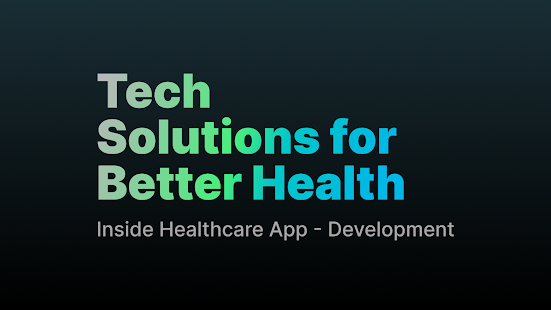11 Best Node.js Frameworks for Web Apps in 2023
When creating reliable and user-centered web applications in the dynamic world of web app development, choosing the right framework is of utmost importance. The event-driven architecture and non-blocking I/O operations of Node.js have earned it recognition, and developers continue to choose it. Numerous Node.js frameworks have emerged as the top choices for developing user-friendly web apps as of 2023. We will examine the top 11 Node.js frameworks for web apps in 2023 and discuss each one's benefits in this article.
1. Express.js: The development of robust web applications is streamlined by Express.js, one of the most well-liked and compact frameworks. It's suitable for beginners and promotes quick learning because of its simplicity.
Advantage: Simpleness: Express.js is a favourite among programmers who are new to Node.js since it is so simple to understand and use.
2. Socket.io: Socket.io offers seamless Socket compatibility for real-time programs like online games and chat programs. Its event-driven programming style makes sure that clients and servers may communicate effectively in real-time.
Advantage: Real-time Real-time bidirectional event-based communication is made possible with Socket.io, ensuring a positive user experience in real-time apps.
3. Meteor: Real-time web app development is made easier with Meteor, a full-stack platform. By providing an integrated development environment, it guarantees a constant user experience across the whole development cycle.
Advantage: Stack-based development: Meteor streamlines the development process by enabling developers to create both the frontend and backend of web apps.
4.Nest.js: Nest.js is a TypeScript-based framework that is scalable and efficient. It makes large-scale applications possible by leveraging decorators and dependency injection to create highly modular and manageable codebases.
Advantage: Scalability: The modular architecture of Nest.js enables the building of scalable apps, assuring smooth performance as your user base expands.
5. Koa.js: Koa.js, created by the same team that created Express.js, is a lightweight and expressive framework that focuses on offering a more robust set of functions. It makes writing asynchronous programming easier by utilising async functions.
Advantage: Async/Await Support: Koa.js makes asynchronous programming easier using async/await syntax, improving code readability and maintainability.
6. Hapi.js: Hapi.js promotes configuration-driven development by providing a robust plugin system for creating APIs and services. It supports input validation, authentication, and caching quite well.
Advantage: Hapi.js simplifies development through setup, allowing developers to focus on designing features rather than boilerplate code.
7. Adonis.js: Adonis.js is a fully functional MVC framework that makes it easier to create reliable, maintainable apps. It comes standard with capabilities like ORM, authentication, and validation.
Advantage: Feature Completeness: Adonis.js has a large number of integrated features, which minimises the need for external libraries and provides a uniform development environment.
8. LoopBack: For creating APIs and microservices, LoopBack is a highly extendable and adaptable framework. It provides strong capabilities for building data models and integrating them with different data sources.
Advantage: Data connectivity is made simple by LoopBack by offering tools for easily creating data models and connecting them to databases and REST APIs.
9. Sails.js: Sails.js is a Ruby on Rails-inspired real-time MVC framework. It makes developing data-driven APIs easier by providing blueprints, which are code generators for basic operations.
Advantage: Rapid Prototyping: Using blueprints, Sails.js speeds up development by allowing developers to quickly prototype concepts and iterate on functionality.
10. Feathers.js: A quick and adaptable framework for creating real-time applications is feathers.js. It offers a straightforward API for building RESTful services and supports a number of different databases and authentication techniques.
Advantage: Flexibility: Feathers.js gives developers the freedom to select the databases, authentication procedures, and other components that best suit their applications' needs.
11. Strapi: Strapi is a Node.js-based headless CMS (Content Management System). It offers an admin panel for controlling content as well as a programmable API for distributing material across other platforms.
Advantage: material management: Strapi makes it easier to manage material by providing a user-friendly admin interface that even non-technical individuals can utilize.
In conclusion
The particular needs of your web app development will determine the Node.js framework you use. There is a Node.js framework designed for your needs in 2023, whether you value simplicity, real-time functionality, scalability, or content management. You can successfully complete your web development projects by choosing a framework by learning the benefits of each one.



Comments
Post a Comment